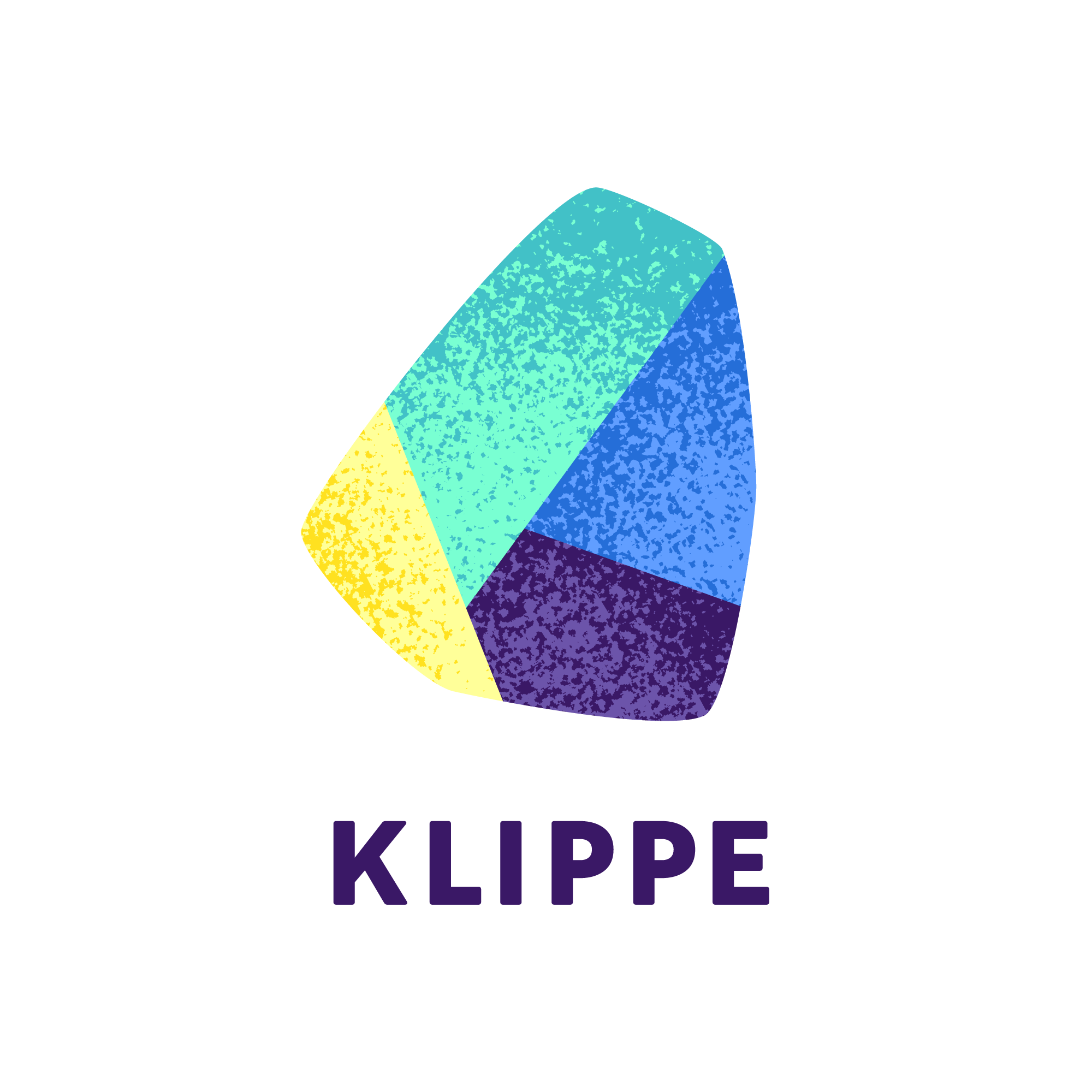“Lifelong learning” is a term gaining traction in today’s discourse, and with good reason. But what does it entail, and why is it essential? Discover its significance, benefits for both organizations and individuals, and strategies for successful implementation within an organization in our Journal entry.
What is Lifelong Learning?
Lifelong learning is a journey of continuous self-improvement, where individuals voluntarily develop their personal or professional knowledge and skills. It comes in various forms, from formal e-learning courses to informal activities like mastering barbecue techniques. While this concept has been around for a while, it has gained momentum with the rise of e-learning and the persistent demand for skilled workers.
Embracing lifelong learning equips individuals to adapt to both expected and unexpected changes. Whether it’s following a tutorial on YouTube, diving into books and articles, tuning into podcasts, or honing new skills, every learning experience contributes to our lifelong growth.
Why Lifelong Learning is Important?
Lifelong learning is vital in the 21st century as it serves as our primary tool for staying abreast of the rapid, intricate changes unfolding around us. In our dynamic economic and cultural landscape, both organizations and individuals rely on lifelong learning to navigate these shifts effectively.
For businesses venturing into new markets or embracing novel strategies and business models, the agility of their workforce in tackling fresh challenges becomes paramount. Employees equipped with continuously developed skills and expertise can swiftly and adeptly adapt to change. Although fostering a culture of continuous learning may require significant investment upfront, the enduring benefits in the medium and long term far outweigh the initial costs.

Why the Surge in Popularity?
Preparing for the future is a non-negotiable, and the best strategy? Lifelong learning. It’s the key to staying ahead, consistently refining our skills and knowledge.
Today’s job market tends to value skills over degrees. Constant retraining and upskilling are essential. To move forward, we must arm ourselves with diverse knowledge that benefits both us and our organizations.
For learners, education is a tool to future-proof themselves, ensuring they stay competitive by acquiring the latest skills and knowledge.
Interest in online education has surged since the COVID pandemic. Many learners have embraced e-learning, which offers excellent opportunities for continuous learning and self-training.

E-learning Content Localisation & A.I.
Localisation holds immense significance in e-learning content, extending beyond mere translation. With the widespread adoption of generative AI tools, what transformations have occurred in this domain? Why is localising learning content crucial, and what steps does this process entail?
Read More!The Advantages of Lifelong Learning for Organizations
In today’s competitive landscape, forward-thinking organizations seek employees committed to continuous learning. Lifelong learning is at the heart of employee development, yet not all organizations fully support it, often leaving employees to pursue growth opportunities independently. However, the impact of lifelong learning on employee performance is immense.
Continuous learners are adaptable to various roles, enhancing organizational mobility and fostering stronger networks. Moreover, lifelong learning empowers both employees and organizations to acquire essential skills in areas like digital transformation, leadership, and change management. This not only provides a competitive edge but also ensures the organization’s long-term sustainability.
Furthermore, lifelong learning contributes to greater job satisfaction. Research indicates that ongoing learning boosts motivation and well-being at work, leading to higher productivity, collaborative teamwork, increased creativity, and organizational innovation. A sincere commitment to lifelong learning cultivates an innovative work culture and serves as a prime strategy for employee retention. Ultimately, embracing lifelong learning creates a win-win scenario for employers and employees alike.
The Advantages of Lifelong Learning for Individuals
Personal Fulfilment
Engaging in continuous learning and development brings joy and continually quenches the learner’s thirst for knowledge, providing ongoing satisfaction.
Professional Benefits
Employees committed to continuous learning are more competitive in the job market and less susceptible to being left behind in an environment increasingly impacted by automation and shifting job landscapes.
Health Benefits
Continuous learning contributes to maintaining brain plasticity as we age, facilitating mental agility and helping individuals stay mentally sharp and fresh.
Implementing Lifelong Learning in Organizations

Align Your Interests!
Unlock learning opportunities that serve both the organization and its employees! When employees perceive that they’re acquiring pertinent knowledge, their motivation soars.

Don’t Just Focus on the Here and Now – Think Ahead!
Ensure that training develops skills valuable not only for employees’ current positions but also for their future career paths.

Identify the Truly Enthusiastic!
Direct your attention towards employees who exhibit a strong eagerness to learn and a sincere interest in acquiring new skills!

Establish Mentorship!
Ensure there’s always a designated mentor to oversee learning initiatives and track employee advancement! Listen attentively to their learning-related concerns, offer constructive feedback, and foster a collaborative learning environment.

How Should I Choose an E-learning System?
How can you narrow down your search when there are hundreds of different options? Should you simply choose the fanciest or the most popular software? In this Journal Entry, we’ll take you through the important factors to consider when choosing an e-learning system.
Read more!Fostering a Vibrant Learning Environment in Your Organization
Organizations should prioritize cultivating curiosity and interest among their employees. Lifelong learning isn’t just about passing on existing knowledge; it’s about generating new insights. In a well-crafted learning ecosystem, employees engage with each other, as well as with knowledge, data, and technology, to develop, exchange, and disseminate experiences within the organizational framework.
The vitality and sustainability of a learning ecosystem hinge on several factors: the diversity of its participants, the richness of its learning materials, the establishment of psychological safety by leaders who embrace learning and accept failure, and the accessibility of knowledge. The more diverse and accessible the ecosystem, the greater the curiosity and, consequently, the potential for innovation to thrive.
Need Help?
Whether you’re looking to foster continuous learning culture, create bespoke learning materials, or embark on developing an e-learning platform, we’ve got you covered! Reach out to us, and we’ll guide you towards the optimal solution tailored to your needs! Don’t hesitate, even if resources are limited, as expert assistance can lead to significant savings in both time and costs!
If you found this entry helpful, stay updated with our monthly articles by following us on Facebook or on LinkedIn.
Details below will help you contact us via form, phone or e-mail. ⬇️
Who Are We?
We are digital education experts and software developers, following trends and offering innovative solutions in our learning materials and systems. We have been providing digital training, creating complex e-learning materials and implementing systems for X years.
Klippe Learning’s team will create the digital teaching and learning solution you’ve been dreaming of – or we’ll dream it for you if you don’t know exactly what you need. Custom content, creative and motivating methods, a platform tailored to you.
How Can You Reach Us?
To find out more about our bespoke learning materials, e-learning systems, training courses or to request a quote, please contact us:
 contact us via the form on the right!
contact us via the form on the right!
 or call us:
or call us:
 or send an email:
or send an email:



